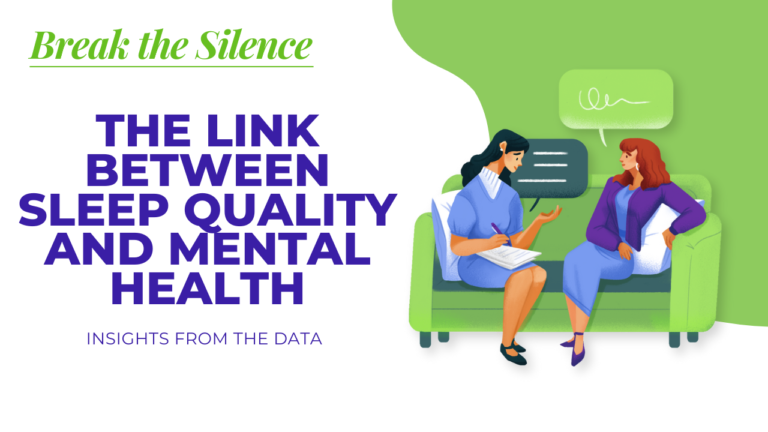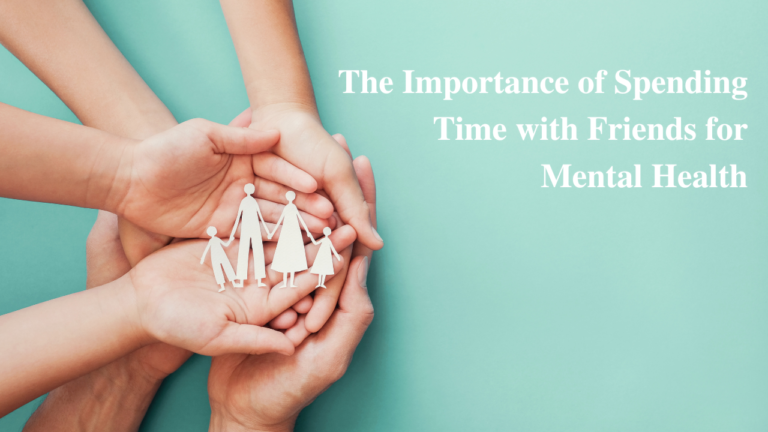
Introduction
End-of-life care is a challenging journey for both the person receiving care and their loved ones. As your parents age and face serious health conditions, the dynamics of your relationship with them often undergo significant changes. These changes can be emotional, physical, and psychological, creating a complex environment for both caregivers and parents.
In this blog post, we will explore how your relationship with your parents evolves during end-of-life care, what to expect, and how to navigate this challenging phase with compassion and understanding.
1. The Shift from Child to Caregiver
As children, we are often accustomed to our parents taking care of us. However, as they age and face terminal illnesses, the roles can shift dramatically. You may find yourself taking on more responsibility, providing care, managing healthcare decisions, and offering emotional support.
This transition can be emotionally complex, as you may struggle with seeing your once-strong, independent parents become more vulnerable. Expect feelings of grief, frustration, and even guilt as you adjust to the new role. However, embracing the role of a caregiver can be a rewarding experience, allowing you to bond with your parents in new ways.
2. Emotional Strain and the Need for Patience
End-of-life care often brings a wave of emotions for everyone involved. Your parents may experience a range of feelings, from fear and anger to sadness and regret. Similarly, you might feel overwhelmed, exhausted, or even resentful at times. These emotions can lead to conflicts, misunderstandings, or feelings of isolation.
It’s important to acknowledge these emotions and understand that they are natural. Try to be patient with yourself and your parents. Open communication, setting realistic expectations, and taking care of your own emotional needs will help maintain a healthier relationship during this time.
3. The Need for Boundaries and Self-Care
When providing end-of-life care, it’s easy to neglect your own needs in favor of caring for your parents. However, self-care is vital during this time to maintain your own well-being. Establishing boundaries is crucial to prevent burnout. You are still entitled to take time for yourself, whether it’s through relaxation, hobbies, or time spent with friends.
By taking care of yourself, you will be in a better position to support your parents in their final days. It’s okay to seek professional help, like counseling or respite care, to ensure you’re not sacrificing your own mental or physical health.
4. Communication Becomes Even More Crucial
As your parents’ health declines, communication becomes a vital aspect of your relationship. Many people in end-of-life care have difficulty expressing themselves due to their illness or medications. This may result in frustration or misunderstandings.
It’s essential to create a compassionate environment where open communication is encouraged. Listen actively and empathetically, acknowledging your parents’ concerns and feelings. Take the time to have meaningful conversations about their wishes, memories, and even their fears. This can help bring closure and allow you to support them in a way that aligns with their desires.
5. Grief and Anticipatory Loss
The process of caring for a parent at the end of life often involves anticipatory grief. As the end approaches, both you and your parents may begin to mourn the loss before it even occurs. This grief can affect the relationship as both of you face the reality of the situation.
During this time, it’s important to allow space for grief. Recognize that you and your parents will be grieving in different ways, and that these feelings will evolve over time. Offering support and expressing love can be a powerful way to navigate the grief process together.
6. Legacy and Final Conversations
Many people at the end of life seek to leave a legacy or have important final conversations with their loved ones. These conversations may revolve around family memories, personal regrets, hopes for the future of the family, or spiritual matters.
As a caregiver, encourage these conversations, and be open to discussing difficult topics. While these conversations can be emotionally intense, they provide an opportunity for both you and your parents to find peace and understanding. These moments can be some of the most significant and healing parts of the caregiving journey.
7. A Changing Dynamic of Love and Compassion
Despite the challenges, the final phase of life often strengthens the bond between parents and children. As you care for your parents, you may discover new depths of compassion, love, and understanding. This caregiving experience can deepen the relationship, as it offers opportunities for connection that go beyond the physical aspects of care.
You may also find that, in caring for them, you’re able to offer a sense of comfort and dignity. Providing emotional support and being present during their final days is a powerful way to show love and gratitude for all that they’ve done for you.
Conclusion
The relationship you share with your parents during end-of-life care is one of the most challenging yet meaningful experiences you’ll encounter. Expect shifts in roles, complex emotions, and moments of deep connection. The key to navigating this phase is to approach it with patience, empathy, and clear communication.
By understanding the changes that occur during end-of-life care and preparing for the emotional and physical demands, you can better support your parents and find peace during this difficult time. Remember to care for yourself as well, as you need to be in a healthy emotional state to provide the best care possible.
Final Thoughts
The changes in your relationship with your parents during end-of-life care will vary depending on your unique circumstances. However, by acknowledging these changes and approaching them with empathy and love, you can make the experience more manageable for both you and your parents. Don’t forget to seek support when needed—caregiving can be emotionally and physically draining, but it can also bring immense opportunities for growth and connection.

















